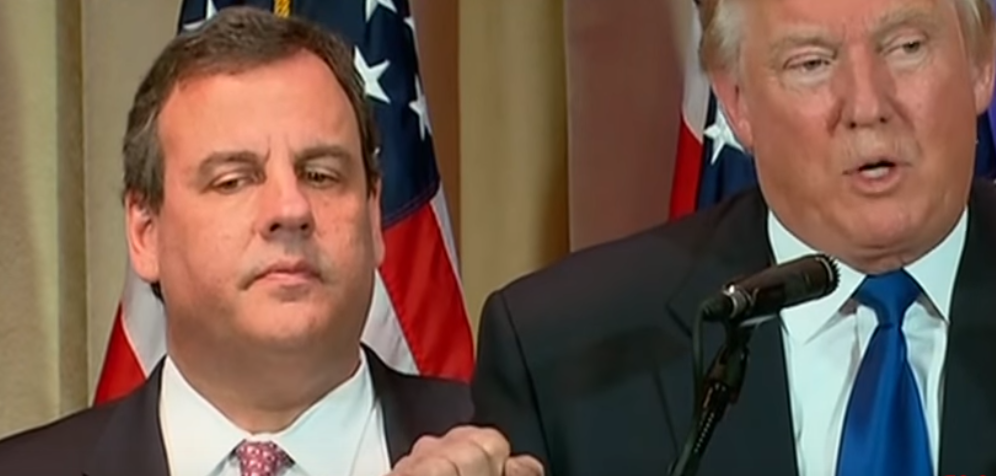The Raid - and its Aftermath

Whether Donald Trump scooped up 15 cartons of documents and classified material and scurried off to his Mar-A-Lago redoubt 20 months ago is politically inconsequential.
By carrying out an unprecedented raid on his Palm Beach domicile in search of the purloined papers, the FBI and the Department of Justice played directly into Trump’s hands, delivering what he’s always craved --- the center of national attention and dominating frenzied media coverage.
Trump, not law enforcement, revealed the raid, seizing the upper hand in framing the narrative, immediately casting himself in the role of victim of a vindictive Department of Justice obsessed with destroying him.
He is, in all likelihood, guilty of carting materials from the White House to his home --- an offense in the order of political corruption severity the equivalent of a speeding ticket, hardly the stuff to justify FBI agents wandering through his private residence turning over dishes and table vases in search of materials they have thus far refused to describe or discuss.
The reaction to the FBI action was swift and predictable:
Trump supporters compared it to dictatorships whose leaders routinely prosecute and imprison political opponents, acts which do violence to nearly 250 years of American democracy.
Trump critics gleefully rejoiced that the Department of Justice had finally moved against the ex-president --- even though the allegations are relatively minor --- while hoping it represents a breakthrough that leads to far more serious charges related to Trump’s role in the Jan. 6, 2021, assault on the U. S. Capitol.
Former New Jersey Gov. Chris Christie, while characterizing the search as “fair game,” was among those who called on the Department to reveal its rationale for seeking the search warrant to head off speculation.
Christie urged as well that the arguments employed by the Department to persuade a Federal judge to approve the warrant be made public but warned that less than solid evidence underpinning the request would constitute an unjustifiable act, hinting that the search went well beyond merely turning up boxes of documents wanted by the National Archives.
Whether the Department agrees to provide an explanation or remain silent, Trump is clearly emboldened by his self-identification of victimhood and will continue to exaggerate and embellish the raid as representative of out of control politicized Federal law enforcement.
Even the most fervent anti-Trumpers worry that failing to bring charges or securing a conviction will irreparably harm the FBI, casting it as a political tool and send Trump’s political stock soaring ---- even riding a wave back into the White House in the opinion of some.
Lacking clear evidence of serious violations of Federal law, Americans find it distasteful and dangerous to use the nation’s premier law enforcement agency to pursue individuals based on political differences.
They may despise Trump and be offended by his coarse rhetoric, crude performances, erratic behavior and tasteless comments, but they are far more deeply concerned with the country falling into a place where political beliefs become subject to a law enforcement response. The issue is larger than a single individual and defending a principle should not be construed as defending Trump.
His supporters were quick to pull Hillary Clinton into the controversy, accusing the FBI of hypocrisy for carrying out a cursory investigation in 2016 of her use of a private computer server in her home for the transmission of classified material and not conducting a search.
They are skeptical also of the Biden Administration’s claim that it was blindsided by the FBI raid, unaware of it until it became public. There is no evidence to support their skepticism and most accept Attorney General Merrick Garland’s dedication to a Department governed by pursuit of justice regardless of political consequences.
At a time when Trump seemed to be losing his grip on the Republican Party --- a majority oppose his candidacy in 2024 --- the FBI raid may well drive reluctant Republicans into the arms of Trump diehards, rebuilding a stronger consensus for his continued flirtation with seeking the nomination.
The timing of the raid reveals lack of forethought and judgment by the Department on the intense reaction it would produce at a time when the Biden Administration is struggling with developing a message of competence and accomplishment to pull the country out of the economic trough into which it’s been driven by inflation not experienced in 40 years.
Congress is poised to approve a $740 billion package to cut health care costs, address climate change and raise corporate taxes --- the centerpiece of the Biden agenda --- and the White House staff is most likely planning a gala Rose Garden bill signing ceremony filled with cheering supporters.
The Mar-A-Lago raid drove that story off the front pages and out of the lead-in to nightly newscasts --- known in the business as stepping on your own story. The FBI not only stepped on it but ground it under its heels into the dust.
A delay of a week or two to focus on what the Administration believed is a political triumph would have had no impact on conducting the raid. Whatever Trump has in his possession has been at Mar-A-Lago for nearly two years; it wasn’t going anywhere.
In the end, dispatching FBI agents to search the home of an ex-president may turn out to be an egregious political blunder, an embarrassment not soon forgotten.
Carl Golden is a senior contributing analyst with the William J. Hughes Center for Public Policy at Stockton University.





